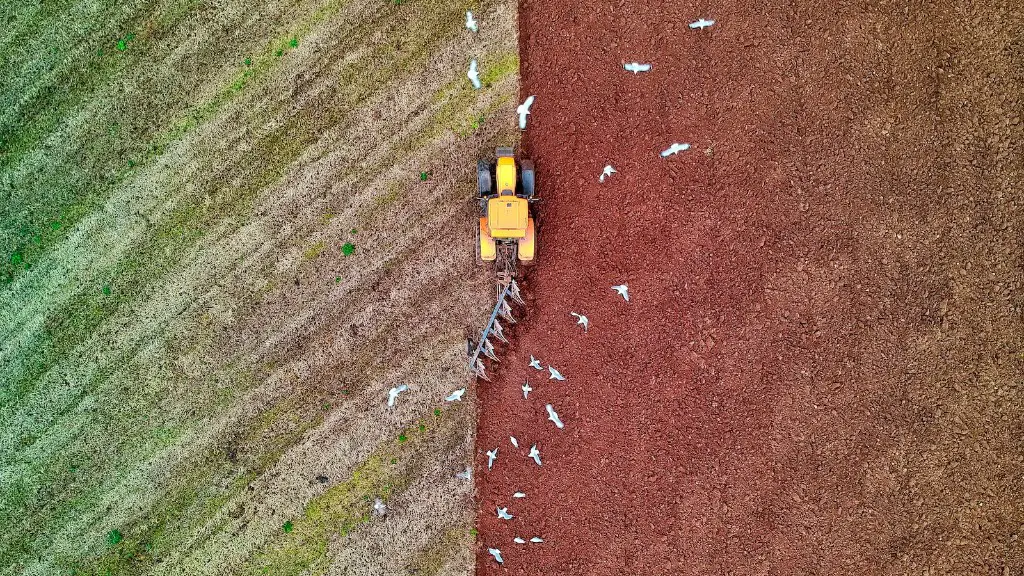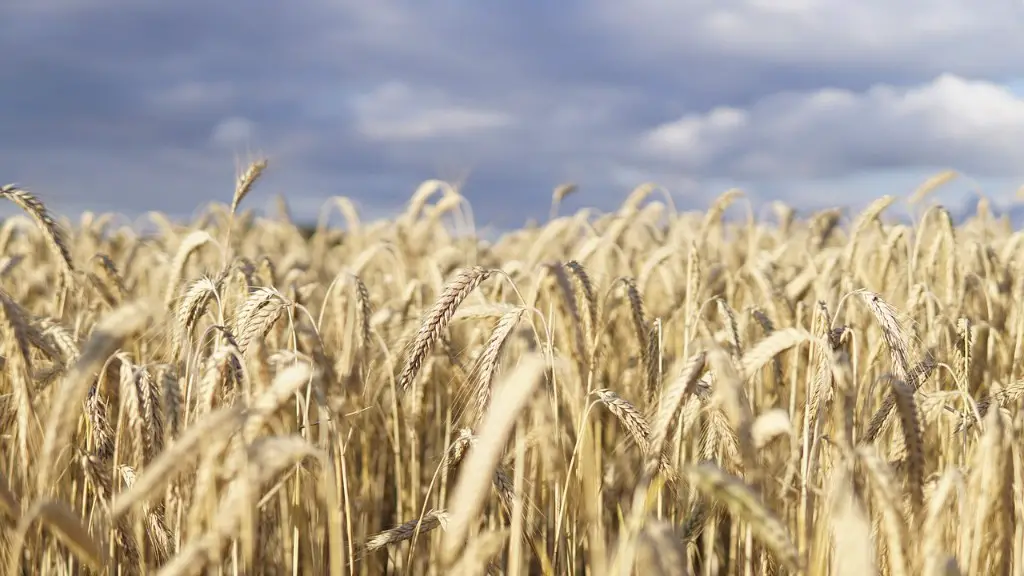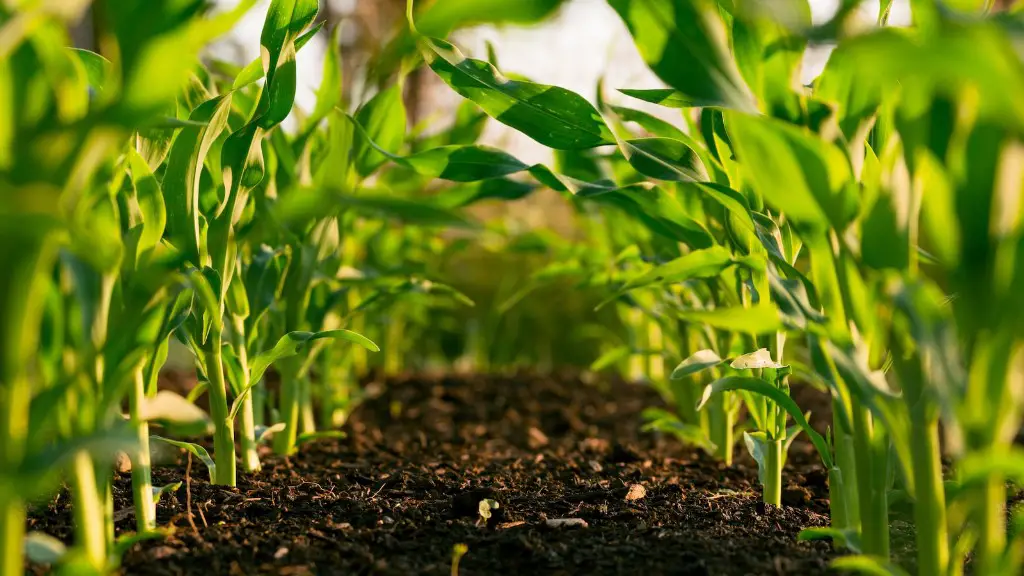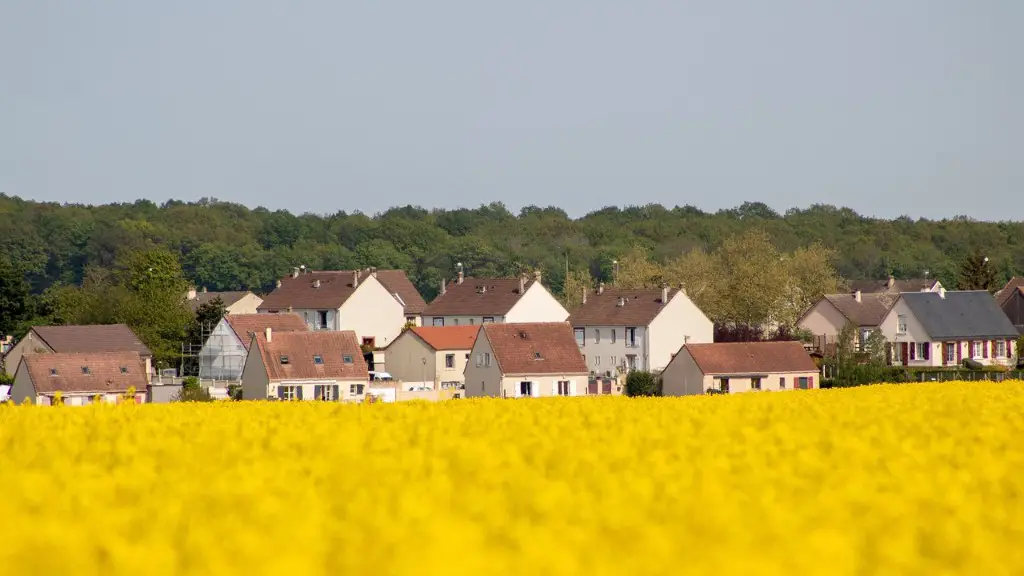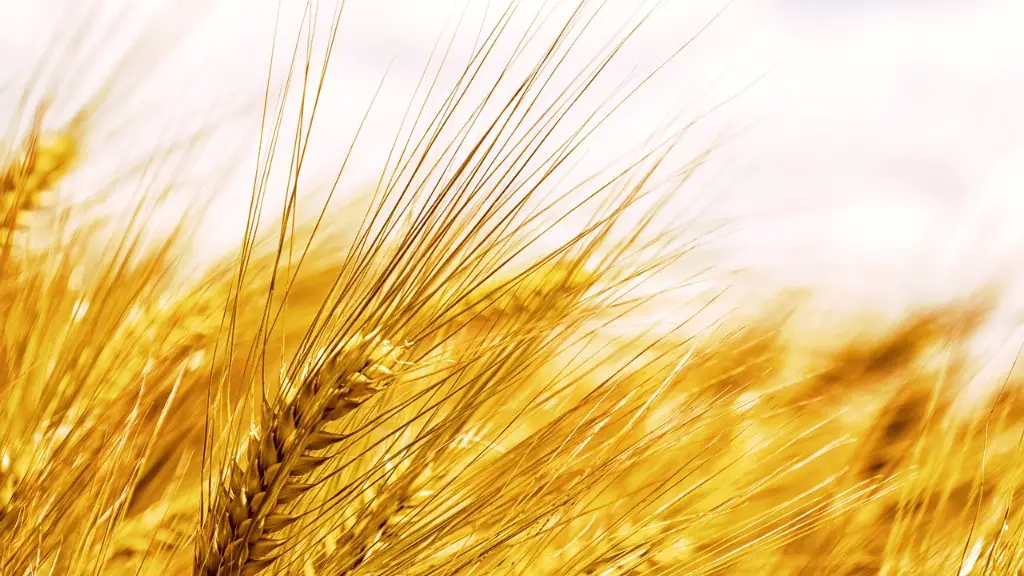The Egyptians were one of the earliest cultures to practice agriculture. This change in society allowed for the growth of cities and the rise of civilizations. Agriculture allowed for the domestication of plants and animals, which led to the formation of stable food supplies. This allowed the Egyptian people to settle in one place instead of moving around to find food. Agriculture also allowed for the development of trade and commerce.
The rise of agriculture in ancient Egypt led to profound changes in Egyptian society. The most significant change was the rise of a new class of people known as the peasantry. Peasants were farmers who owned their own land and worked it for a living. They were not slaves or nobles, but free men and women who were able to better their own lives and those of their families.
The rise of the peasantry led to the growth of cities and the rise of a new class of people known as the urbanites. Urbanites were people who lived in cities and were not involved in agriculture. They were artisans, merchants, and other professionals who provided goods and services to the growing number of people living in urban areas.
The growth of cities and the rise of the urbanites had a profound impact on Egyptian society. It led to the development of new social classes and the growth of a new type of economy. It also resulted in new patterns of settlement and the rise of new political institutions.
How did agriculture change Egyptian society quizlet?
Egyptian agriculture changed Egyptian society by making it more efficient and stable. The Nile River left behind fertile soil, which made farming more efficient. This led to a stable food supply, which was essential for the growth of Egyptian society.
Agriculture is a vital part of the Egyptian economy, contributing a significant percentage to the country’s GDP and providing employment for a large proportion of the population. The main agricultural commodities produced in Egypt include rice, wheat, maize, cotton, sugarcane, and horticultural crops such as vegetables, fruit and dates.
What was the most important event for Egyptian agriculture
The yearly inundation was the most important aspect of Egyptian agriculture. The people obviously still needed to work the land. Fields had to be plowed and seed sown and water moved to different areas, which led to the invention of the ox-drawn plow and improvements in irrigation.
The Egyptians were a agricultural people and grew a variety of crops for consumption. The staples of their diet were cereals, bread and barley. They also grew vegetables and fruits, but these were not as important in their diet. The Egyptians had to work hard to grow their crops, as the climate was not always favourable. Droughts and floods were common, and pests and diseases could destroy entire crops. Despite these challenges, the Egyptians were able to produce enough food to feed their large population.
How did agriculture help ancient Egypt?
The Ancient Egyptians were very reliant on agriculture for not just the production of food, but also for medicine, religious practices, and clothing. They were very creative in their use of plants, utilizing them in many different ways. This allowed them to be self-sufficient and not have to rely on outside sources for these needs.
Agriculture made up a major part of ancient Egypt’s economy. Agriculture thrived because Egypt has a climate that is warm year-round, and the Nile River’s yearly flooding provided Egyptians with as many as three harvests each year. Ancient Egypt also had many natural resources, including flax, papyrus, stone, and gold.
What are 3 reasons why agriculture is important?
1. It provides the raw materials for industries.
2. It is a major contributor to a nation’s GDP.
3. It employs a large number of people.
4. It is essential for a country’s development.
5. It can help in healing the environment.
6. It is connected with the war effort.
7. It is important for international trade.
The ancient Egyptians grew a variety of crops, including wheat, barley, vegetables, figs, melons, pomegranates, and vines. They also grew flax, which was used to make linen. The most important crop, however, was grain. The ancient Egyptians used grain to make bread, porridge, and beer.
What are 3 importance of agriculture
Agriculture is a vital sector of the economy and plays a critical role in the entire life of a given economy. It is the backbone of the economic system of a given country and provides employment opportunities to a very large percentage of the population. In addition to providing food and raw material, agriculture also plays a significant role in the country’s GDP.
1831 was a big year for agriculture. Cyrus McCormick invented the grain reaper, which revolutionized the way crops were harvested. The grain combine was patented in 1836, and John Deere began manufacturing plows in 1837. This combination of machines made it possible to mass-produce food, which led to a boom in the agricultural industry.
Why was agriculture important to the development of civilization?
Without agriculture, humans would not have been able to develop civilisation as we know it today. Agriculture allowed people to grow all the food they needed in one place, which led to a huge increase in population size. This, in turn, created cities and trade, which were essential for the development of civilisation.
When early humans began farming, they were able to produce enough food that they no longer had to migrate to their food source. This meant they could build permanent structures, and develop villages, towns, and eventually even cities. Closely connected to the rise of settled societies was an increase in population.
Is Egypt known for agriculture
Agriculture is one of the major pillars of the Egyptian economy, accounting for 113 percent of the country’s gross domestic product. The sector employs 28 percent of all workers in Egypt, and over 55 percent of employment in Upper Egypt is agriculture-related. The sector is a key source of foreign exchange earnings and provides food security for the country.
In 2020, Egypt had nearly 397 million hectares of agricultural land, which corresponded to around four percent of the country’s total land area. This is a decrease from the previous year, when the country had 3,922 thousand hectares of agricultural land. The decrease is likely due to the fact that Egypt is a desert country and there is limited land available for farming.
What tools did ancient Egyptians use for agriculture?
Farming in ancient Egypt was done using a variety of different tools. These included hoes, plows, rakes, winnowing scoops, and flint-bladed sickles. Each tool served its own purpose in helping to cultivate the land and bring in a bounty of crops.
The hot desert sun can make it difficult to grow crops during this season, but farmers use shadufs to transport water from the Nile to their crops. This season is important for planting crops like barley, cucumber, lentils, beans, onions and dates.
Final Words
Prior to the development of agriculture, the Egyptians were a society of hunter-gatherers. Agriculture changed Egyptian society by making it possible for the Egyptians to settle in one place and build cities. Agriculture also allowed the Egyptians to surplus food, which allowed them to trade with other cultures and to support a standing army.
The advent of agriculture in Egypt had a profound impact on the development of Egyptian society. Agriculture allowed for the domestication of plants and animals, which led to the development of settled villages and towns. Agriculture also allowed for the development of new technologies, such as irrigation systems, which greatly increased the productivity of agricultural lands. The growth of the agricultural sector also allowed for the rise of a new class of wealthy landowners, who became the ruling class in Egyptian society.
